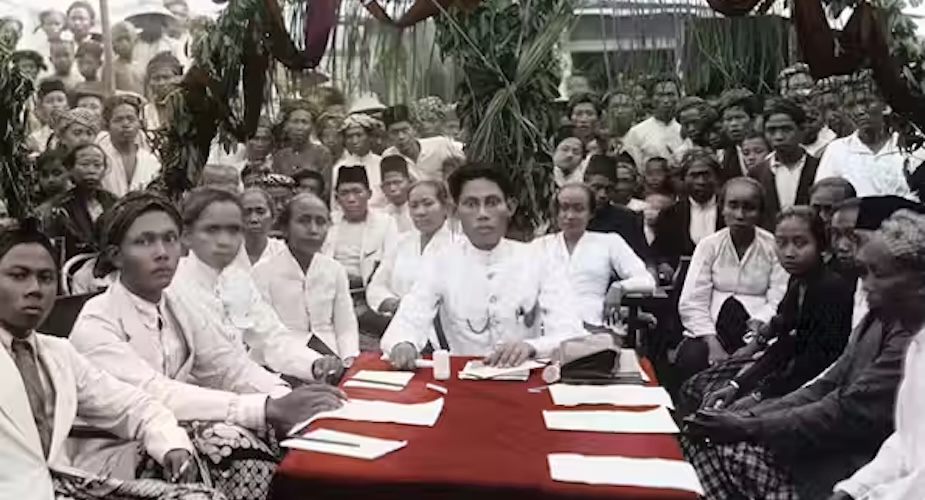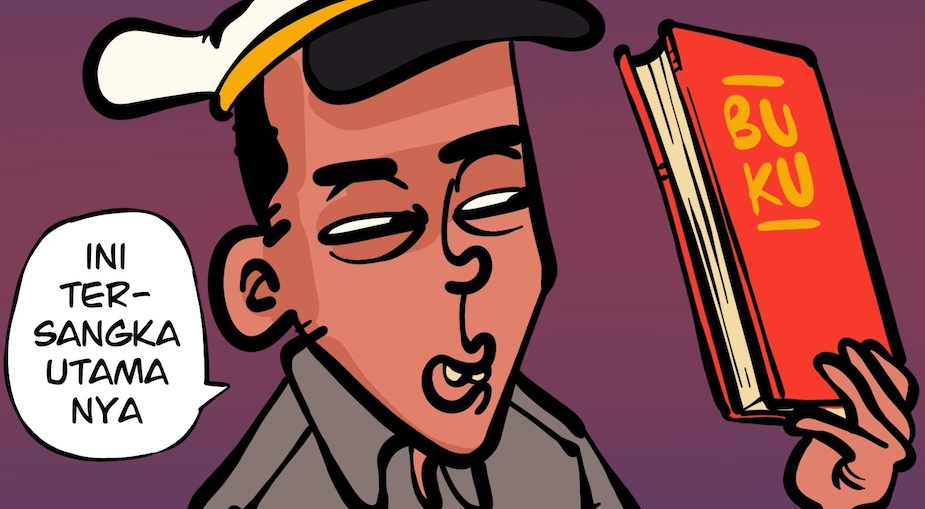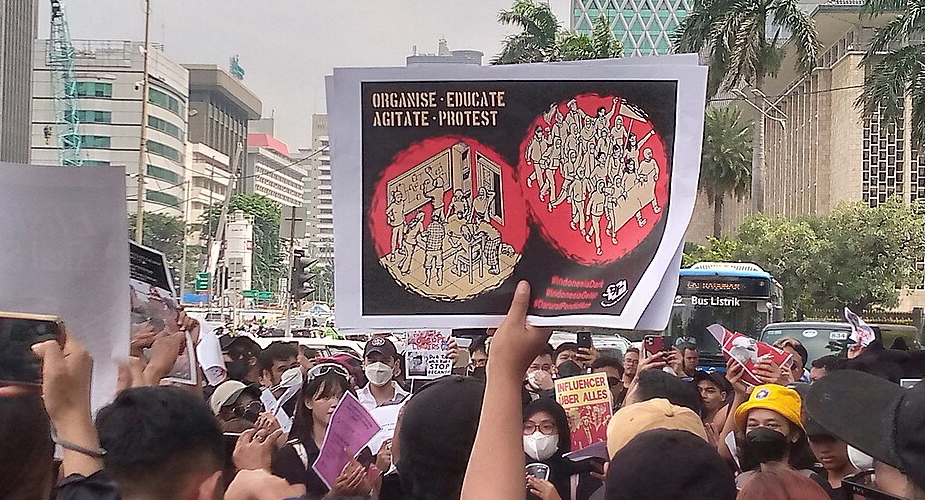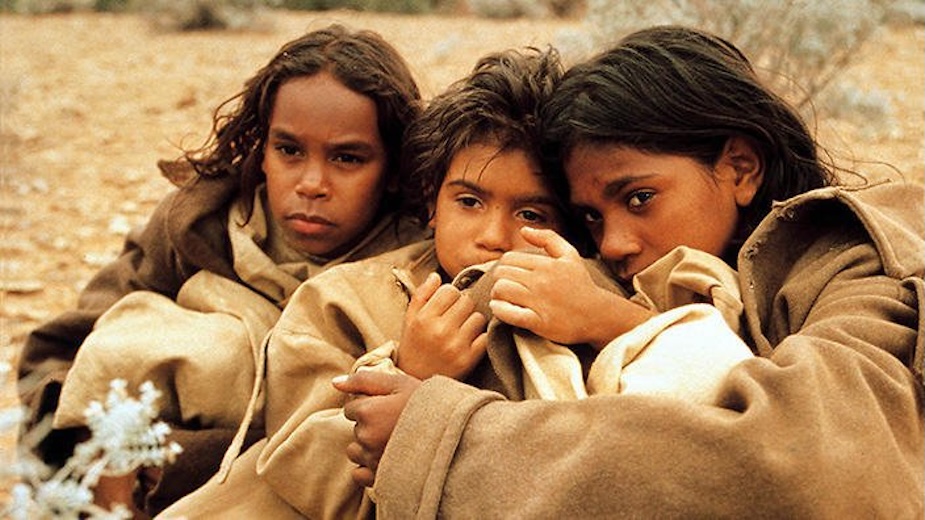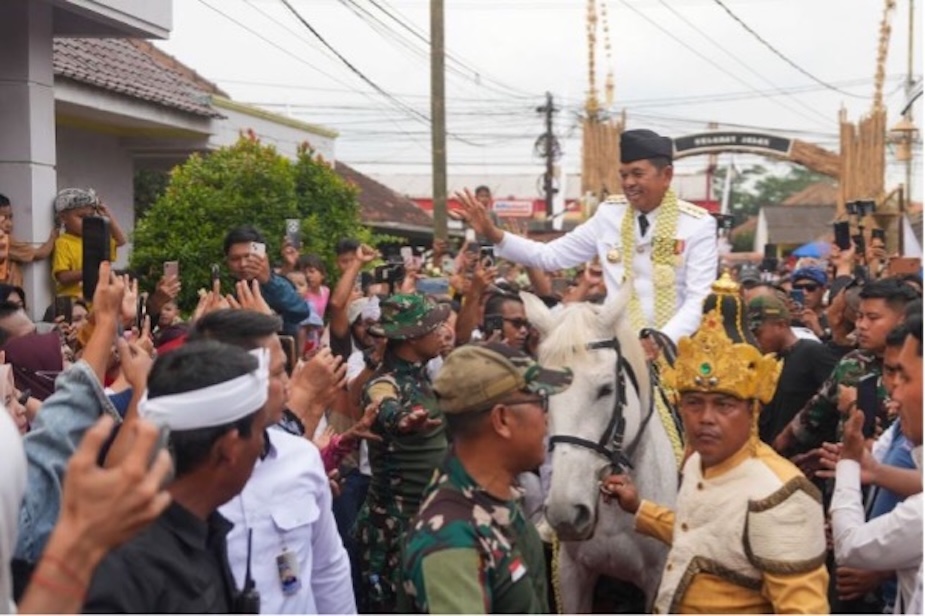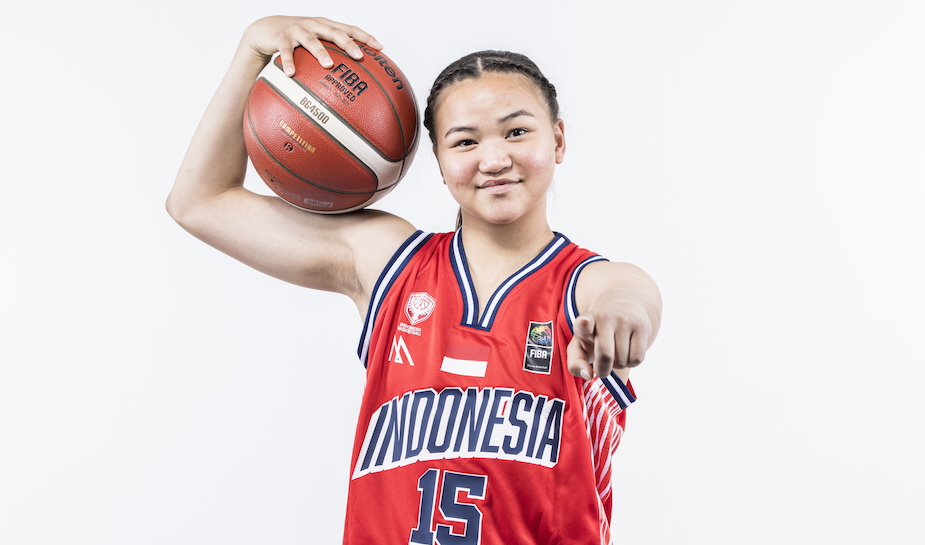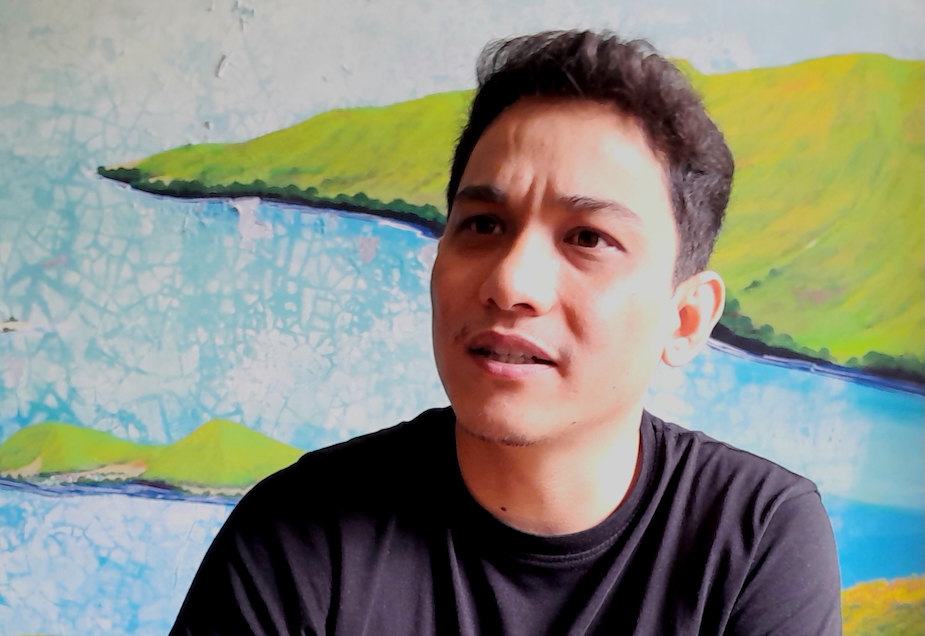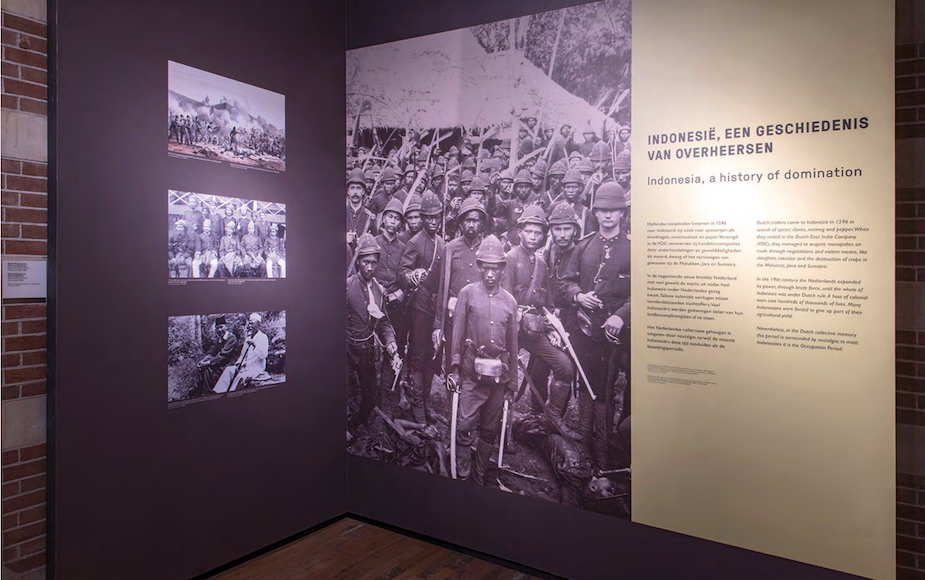At the end of the beach
20 October 2025by JOSEF CHRISTOFER BENEDICT & CHRISTISIA NATALIA AGNES ABADI
Talking about 1965
17 October 2025by SHAREN CHANT
Review: Indonesia’s Red Enlightenment
14 October 2025by GERRY VAN KLINKEN
The long arm of ignorance
06 October 2025by TAUFIQ HANAFI
Turning protest into policy
06 October 2025by RISWANDA
Film review: Watching national trauma from afar
29 September 2025by GASTON SOEHADI
A fatherly 'Just King'
05 September 2025by IGNATIUS YORDAN NUGRAHA
Empowering women through basketball
03 September 2025by LULU FAKHRIYAH
Book review: An outsider opens a dark place with words
25 August 2025by DUNCAN GRAHAM
Book review: Rethinking histories
22 August 2025by JEMMA PURDEY




